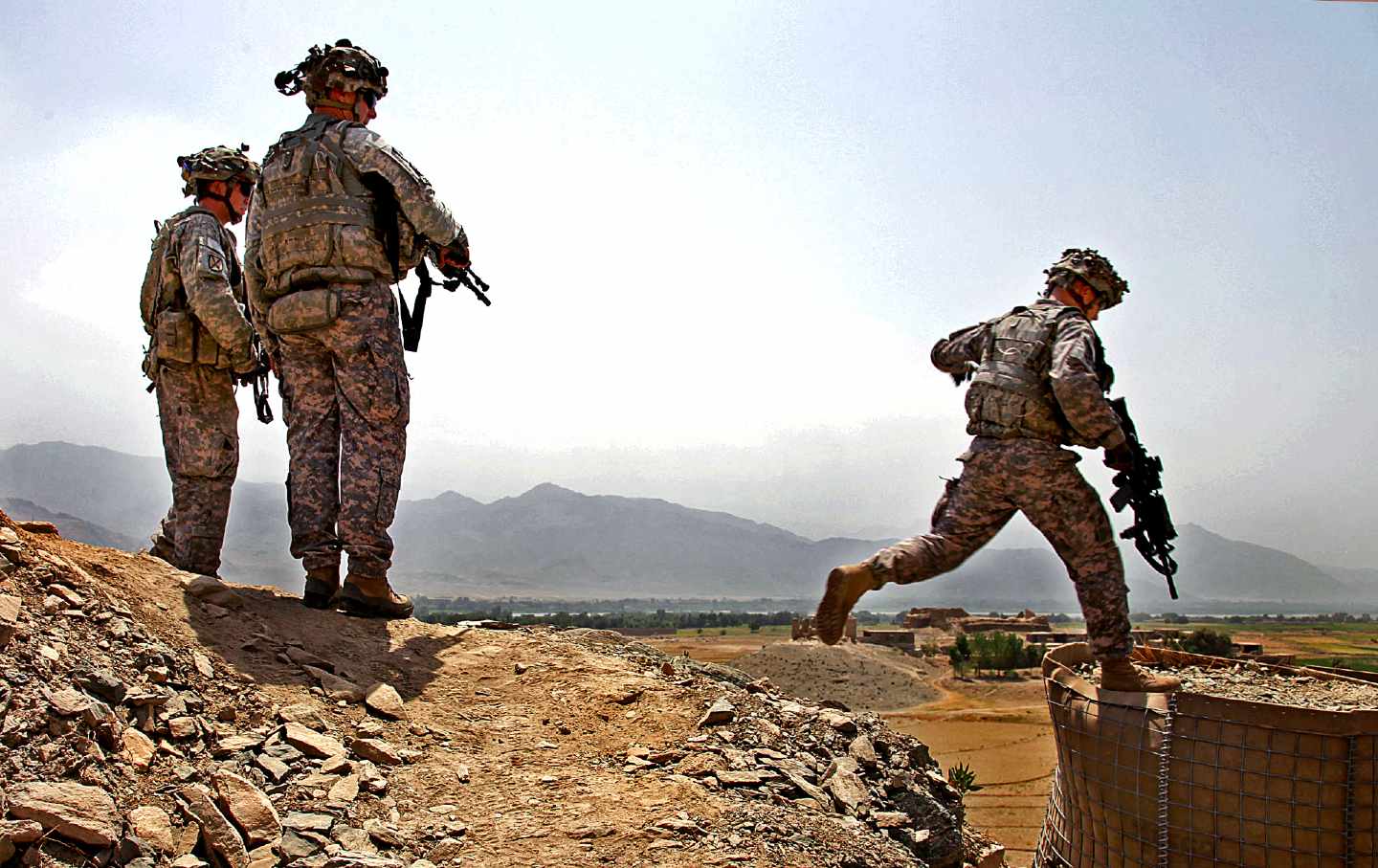
"It's been a while since I've written for TomDispatch and there's a reason for that. About 16 months ago, I experienced a catastrophic car crash. An SUV veered across the double yellow line of the highway I was traveling on and hit my little Chevy Spark head-on - on the driver's side. I've been told that I'm lucky to be alive. I was left with multiple injuries and have been on the slow road to recovery."
"I've always seen myself as a person who pushes forward to overcome obstacles. Since the collision, however, doing so has become more complicated, because I'm learning that recovery is a long road, filled with detours I couldn't have predicted. Time and again, my expectations have been turned upside down. I've had to take deep breaths, sit back, and pay close attention."
"A few months into recovery, I was invited to attend a day-retreat organized by a local veterans' moral leadership group. Those vets live with what's known as military moral injury (in some cases going back decades). For years now, I've been researching and writing about the devastating consequences of the militarization of this country and the armed violence we loosed on the world in the twenty-first century."
A catastrophic car crash resulted in multiple injuries and a prolonged, unpredictable physical recovery marked by setbacks and altered expectations. The recovery process demanded patience, attentive self-care, and adjustments to previously held habits of pushing forward. Engagement with a veterans' moral leadership retreat exposed widespread military moral injury among veterans, some suffering for decades. Long-term research on militarization reveals devastating consequences and extensive armed violence deployed globally in the twenty-first century. Personal experience of physical recovery opened clearer comprehension of moral recovery and of veterans who come to realize they were used to perpetrate systemic American militarism.
Read at The Nation
Unable to calculate read time
Collection
[
|
...
]